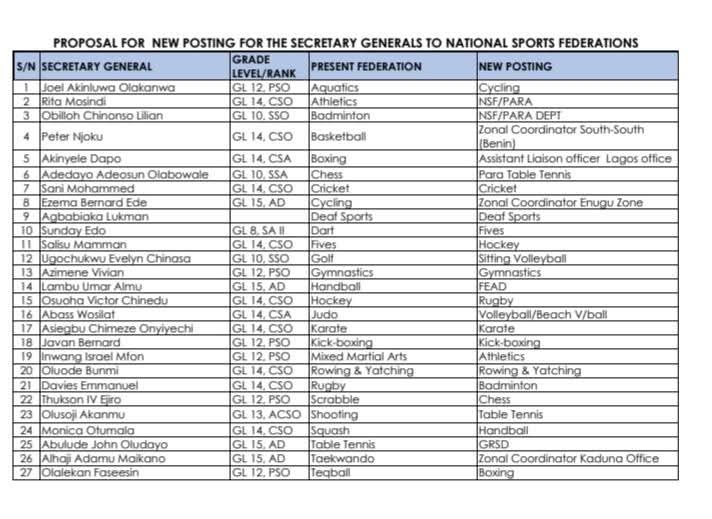Fair Game Index finds English football is in a ‘shocking state’
English football lobby group Fair Game has launched the 2025 edition of its report that analyses the health of England’s 164 professional and semi-profession clubs, and it isn’t comfortable reading.
Fair Game says its ‘Fair Game Index’ reveals “the shocking state of football’ in England warning the UK’s newly minted Independent Football Regulator “it has a mammoth task on its hands to shape up the game (with) just four full time clubs are ‘Regulator Ready’.
The Index, now in its fourth year, assesses 22,000 data points across 164 clubs in England and has been aligned to criteria that is expected be used by the new regulator, who will likely be operational before year end.
Calling the report “a huge wake-up call for the football industry”, Fair Game said it “paints a potential financial doomsday scenario as almost half of the clubs across the top four leagues are ‘running on empty’.” The research shows that 43 clubs have less than one month’s cash reserves to cover their operating costs.
Only four full-time clubs are ‘regulator ready’ – Brighton & Hove Albion, Cambridge United, Carlisle United and AFC Wimbledon – while almost half the Premier League and EFL clubs have just one month’s cash reserves.
Fair Game CEO Niall Couper said: “If anyone had any doubts whether football needs a regulator, today’s report blows those doubts out of the water.
“Financial recklessness is rife, good governance is a rarity, and matters concerning ethics and environment rarely reach the board room.
“There are some exceptions and we are delighted to champion those clubs today. These clubs are exemplars and football’s financial flow should look to reward them.”
Fair Game recognises five clubs with a Gold Award (the four EFL clubs plus Bath City from National League South. It also give out a Silver Award to nine clubs for ‘good progress’ and a Bronze Award to 13 clubs reaching a ‘minimum’ standard. “This equals just one in six clubs across seven tiers of the football pyramid,” said Fair Game.
Award clubs:
Silver – Chelsea, Manchester City, Manchester United, Tottenham Hotspur, Plymouth Argyle, Swansea City, Exeter City, Rochdale, Chester.
Bronze – Arsenal, Brentford, Liverpool, West Ham United, Burnley, Luton Town, Norwich City, Watford, Lincoln City, Chesterfield, Forest Green Rovers, Darlington FC, Maidstone United.
The report finds that the area needing greatest attention is ‘governance’ and in particular board independence and transparency. No division scores much above 50% in this area. Transparency ratings are substantially weaker in all divisions for governance than for finance.
Fan Engagement scores also suggest that the IFR has some existing foundations to build on to set minimum standards, “but progress in establishing mechanisms for dialogue needs to be matched by clubs sharing information with fans in a wayt hat will build trust”.
Scores for the less regulated club value areas (Ethics, Environment, Diversity and Community Engagement) tend to be weaker in most divisions than the core areas of governance and finance.
Fair Game says there is little evidence of a strategic approach to environmental issues – only eight Premier League clubs havetargets and roadmaps for both Scope 1 and 2 and Scope 3 carbon emissions
Exactly half (82) of the 164 clubs receive sponsorship from either gambling or alcohol-related companies. In the Premier League, 19 of the clubs take sponsorship money from both sources.
“Fair Game is delighted that a regulator is now in place – something we campaigned for – and we will do all we can to make sure it is a success and our hope is that the 2026 Index will show significant signs of improvement within our National Game,” said Couper.







Comments
Post a Comment